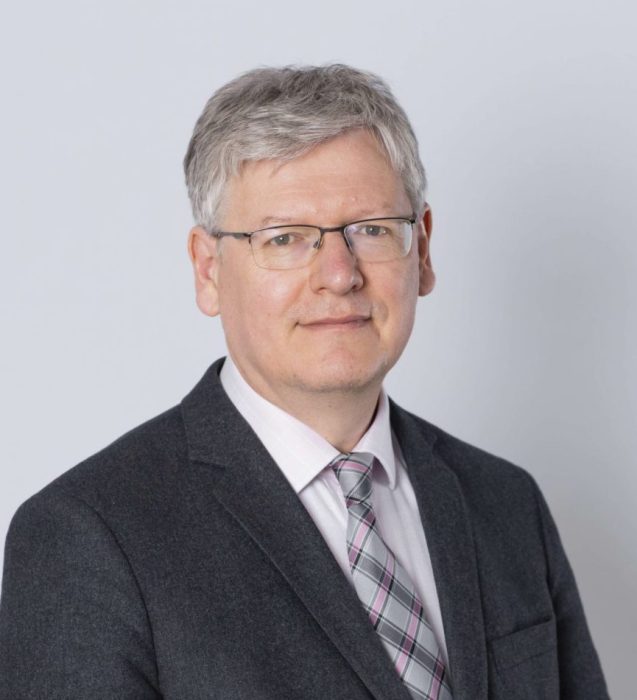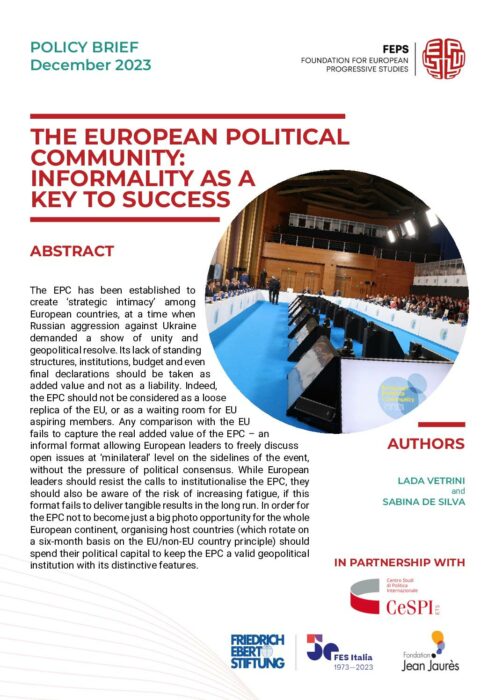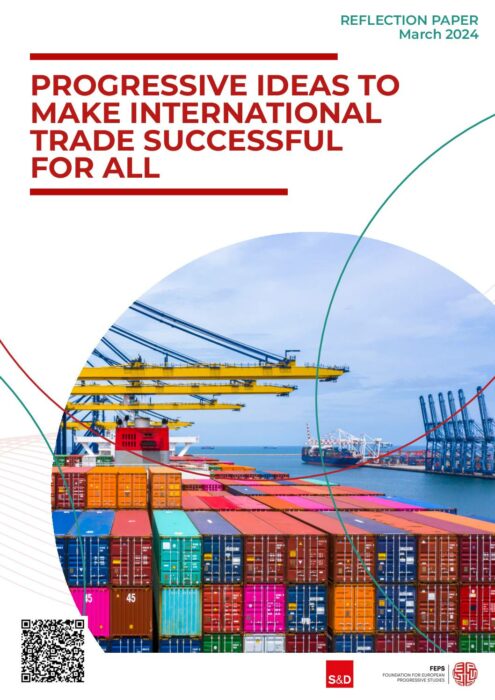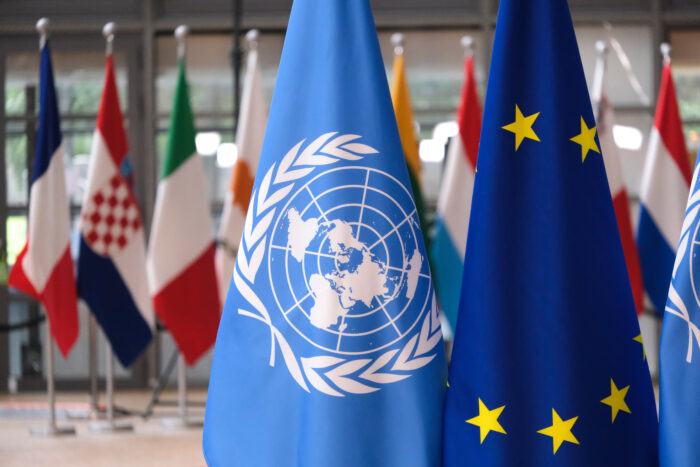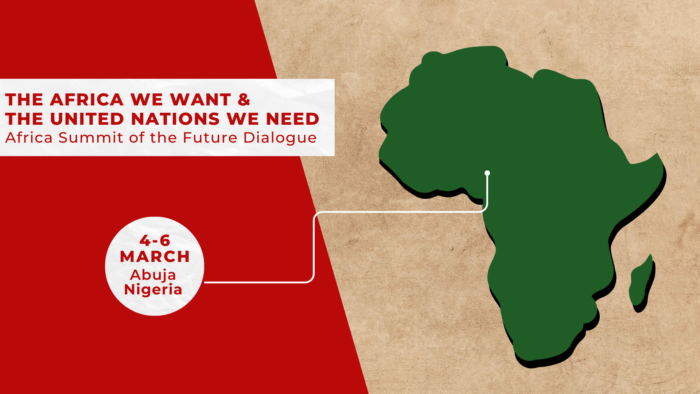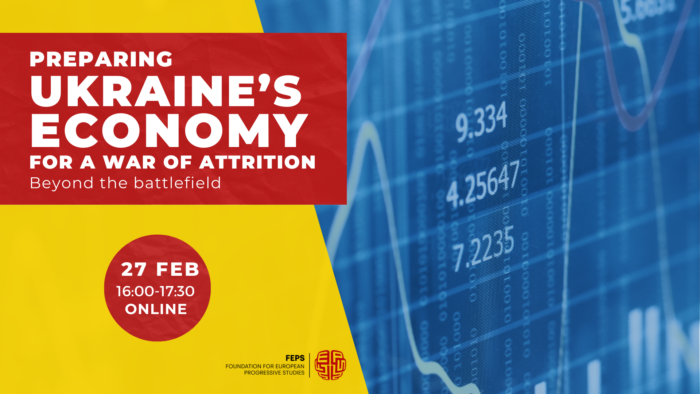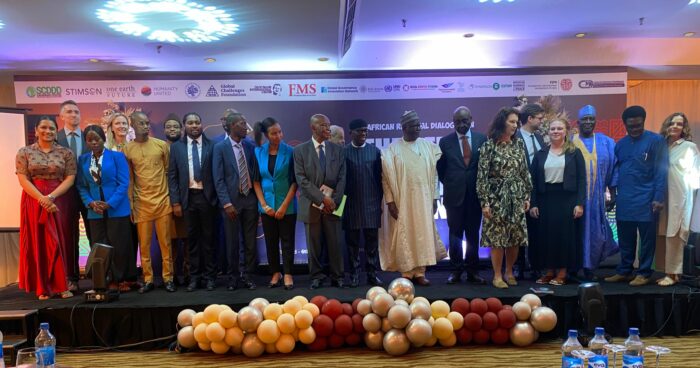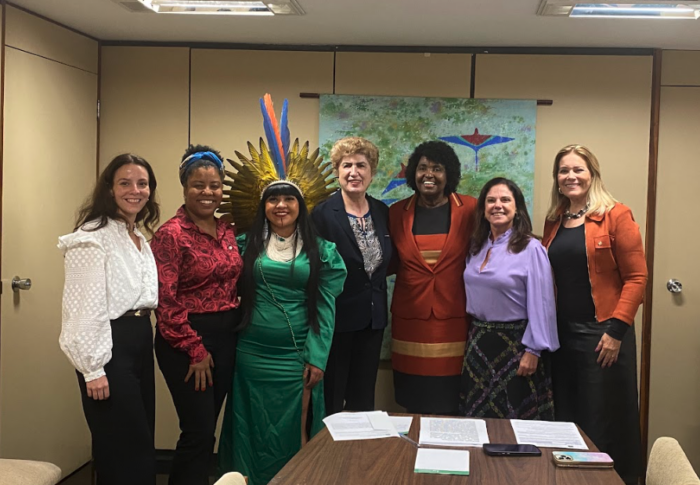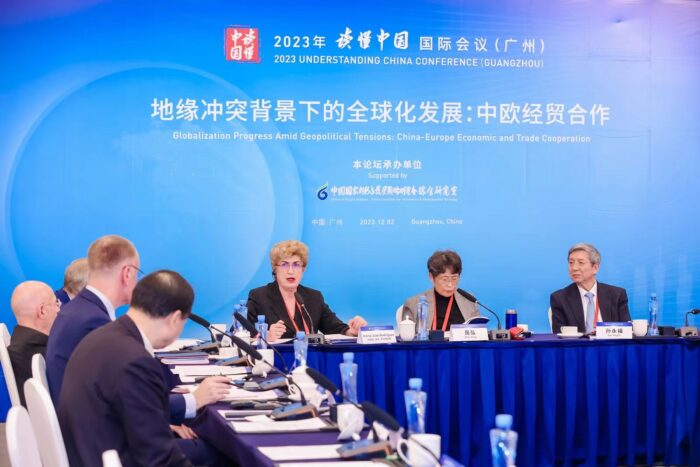Find all related publications
Publications
Find all related events
Events
Past
22/03/2024
Brussels, Belgium
04 - 06/03/2024
Abuja, Nigeria
27/02/2024
Online
Find all related news
News
Find all related in the media
In the media
« Le moment est venu de lancer un débat sur la réforme de l’Union européenne »
by Le Monde 22/11/2023


